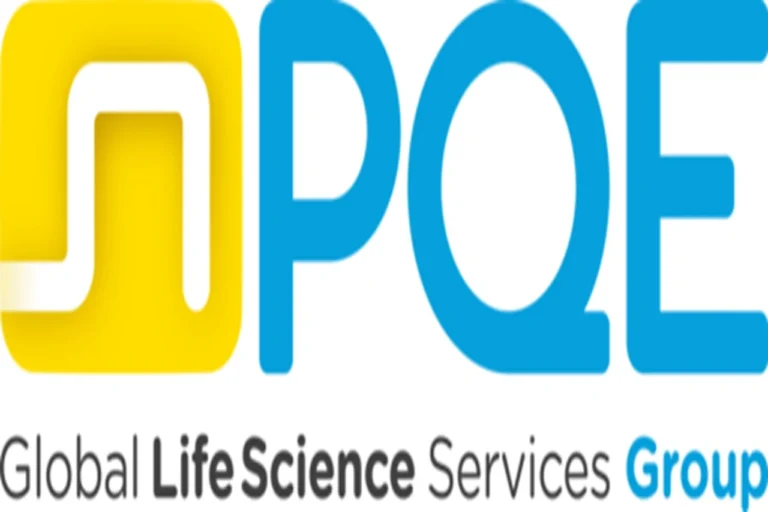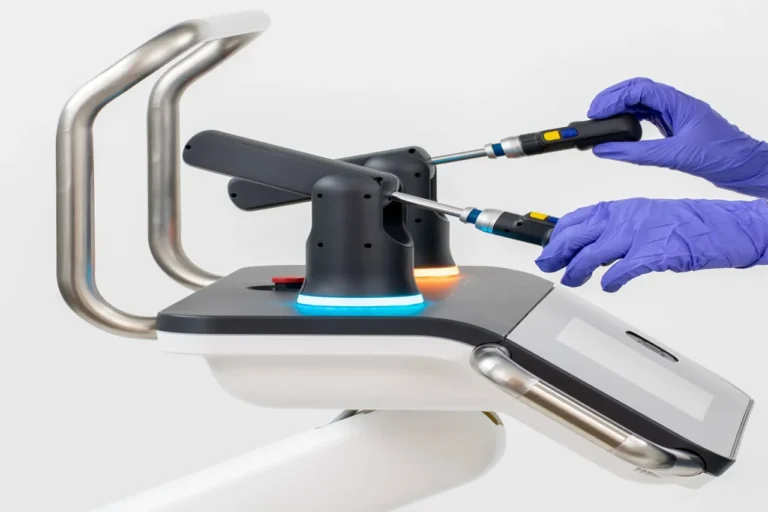
Merck and The Michael J. Fox Foundation for Parkinson’s Research (MJFF) are collaborating to advance research aimed at slowing the progression of Parkinson’s disease (PD). Funded by MJFF’s “Biomarkers to Support Therapeutic Trials Program,” Merck’s SMCxPRO® immunoassay technology has been employed to detect low levels of a biomarker linked to cell dysfunction in patients. This service is now available to the scientific community with support from MJFF, enabling researchers to monitor the response of various therapeutic options to disease progression.
“Utilizing the SMCxPRO® immunoassay technology to evaluate cell dysfunction marks a significant advancement in developing new treatment options for those battling PD,” said Jean-Charles Wirth, Head of Science & Lab Solutions, Life Science business sector of Merck. “We are proud to offer this service through support from The Michael J. Fox Foundation, making this research possible. Our aim is to drive breakthroughs in neuroscience research tools and other technologies that impact life and health through science.”
The research focuses on the biomarker pS65 ubiquitin (pS65-Ub). PD is a neurodegenerative disease that primarily affects specific nerve cells in a particular area of the brain. By the time motor symptoms become evident, 60% to 80% of these cells have already been lost or impaired. Before that, affected cells cease to function properly, ultimately leading to their death. One indicator of dysfunction in these cells is pS65-Ub, detectable only through highly sensitive test methods. The SMCxPRO® immunoassay platform, used to measure levels of specific targets within samples, now allows scientists to detect small concentrations of pS65-Ub, helping to monitor therapeutic responses to disease progression for the first time.
“Ultrasensitive assays enable us to investigate multiple biomarkers involved in disease progression. These biomarkers are valuable for diagnosing and stratifying patients and for future therapeutic development. Current therapies for PD can treat symptoms but do not slow or stop disease progression. We are hopeful that this collaboration will improve the quality of life for patients,” said Nicole Polinski, PhD, director of research resources at MJFF.
PD currently affects approximately 10 million people worldwide, with its prevalence doubling in the past 25 years, making it the fastest-growing neurological condition globally. The number of people with the disease is expected to increase to 20 million by 2050. Merck’s contribution to Parkinson’s research was recognized by the CiteAb Awards, as the company with the most citations related to Parkinson’s research in 2023.







